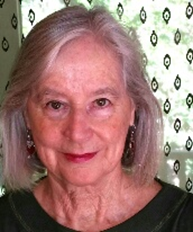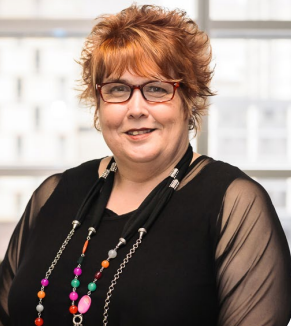with Mieke Brandon and Linda Kochanski
Wednesday, 28 February 2024| 10:30am – 3:30pm Sydney Time | Online
Online masterclass Relationship mediation in Australia and Aotearoa New Zealand
- Family Law Act 1975-Section12G states: ‘Family Dispute Resolution Practitioners (FDRPs) must give a married person who is considering a divorce, or considering going to court about their children or their finances, information about family counselling and FDR services available to help with reconciliation. Information does not need to be given if the FDR practitioner believes they already have the relevant documents or they believe there is no reasonable possibility of reconciliation. They also need to provide information on services that assist reconciliation’.
- The above section clearly states how Family Dispute Resolution Practitioners (FDRPs) have an obligation during premediation to explore and assess how each client feels about the forthcoming separation process. Ideally, it is at this point that practitioners’ reality test if there is hope to save the relationship and/or if one or both considers it is totally beyond repair.
Relationships mediation is for people who are now experiencing difficulties and one or both are considering separation/divorce. When these people come to mediation it is often vital for the practitioner conducting an intake interview to explore if this is a separation that both of them have considered and/or have taken steps to speak with a lawyer. Or one or both are unsure. A FDR Practitioner can ask if they would be willing to work through their issues in a collaborative way. It is potentially appropriate for people, regardless of gender, who wish to remain in intimate ongoing relationships, whether married or not married, with or without children.
‘Relationship mediation’ uses a facilitative mediation approach to focus each partner’s hopes and goals for togetherness and autonomy.
| The process focus is on the wellbeing of the relationship |
- To find ways of relating that is meaningful, rewarding, and respectful, even if ultimately, they go their separate ways.
- It is solution-focused, task oriented and time limited, as partners focus on their short- and longer-term goals to improve their relationship.
- This is different from counselling or therapy in that there is no psychological assessment or revisiting of what did not work between couples. The focus is on what might work that feels ‘better, best or good enough’ in their collaboration as partners and or as parents.
- Phases of the process: pre-mediation/intake, mediators guide the process, agenda, explorative mediation process as per diamond model, no separate sessions, options and collaborative negotiations to achieve mutually beneficial outcomes, draft undertakings, homework, additional session(s), agreements or a memorandum of understanding and review period.
- Participants address each other about how each contributes to the well-being of the relationship address their differences, compatibilities, and discuss what they are hoping for from the relationship, including their “family, me, and we time”.
Working with a process that may assists partners to stay married and/or stay living together as a family.
- 28 February 2024 10.30am – 3.30pm Sydney Time
Pre reading and resources will be provided once participants have registered.
Terms and Conditions
Please view our terms and conditions here Read more
About the trainers

Mieke Brandon AM RIF
Experienced mediator, trainer, coach, assessor, supervisor and author
Mieke BA, MSc(App) is NMAS accredited and a registered FDRP with more than 30 years’ experience in family and workplace mediation as a mediator, trainer, and supervisor. She has taught and coached regularly at a range of organisations and universities. Mieke is a member of the AMA Mediator Training Academy, Editorial Consultant ADRJ and a Director on the Resolution Institute Board 2022-2023.
Mieke has published extensively, has presented papers and workshops at conferences in Australia and overseas and is the co-author of Mediating with Families (4th ed. Thomson Reuters, 2018), the text for FDR and all other types of family mediation.

Linda Kochanski
Practice Leader: Dispute Resolution Programs College of Law, Australia
Linda started her professional life as a lawyer specialising in Family and Criminal law. This is where she ‘tripped over’ mediation in the early 1990s. She was then trained at Relationships Australia Queensland as a mediator and has worked for Relationships Australia in a number of positions.
Linda moved to academia in 2000 and has worked for Griffith University, QUT and Bond as a lecturer and co-ordinator of courses. She then began to specialise in mediation training and private practice. At Bond University she held the position of Co-Director of the Bond Dispute Resolution Centre from 2012 – 2015. She is presently Practice Leader: Dispute Resolution Programs, College of Law (Australia).
Linda has a number of published articles and presents regularly nationally and internationally on dispute resolution and, in particular, family mediation. Most recently she was Chair of the National Mediation Conference 2016 and was elected to the National Mediation Standards Board.